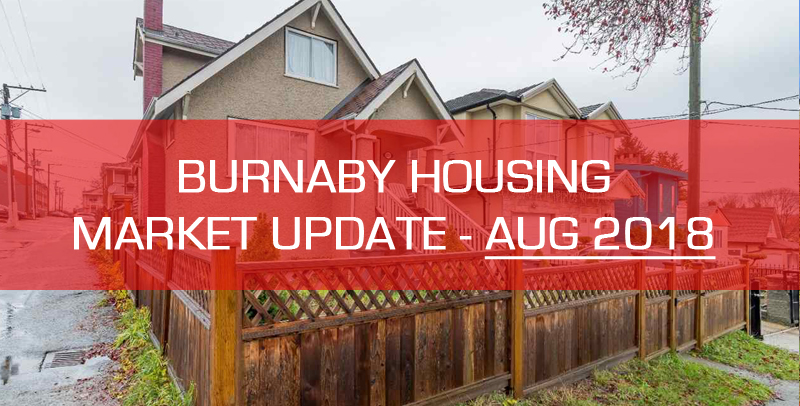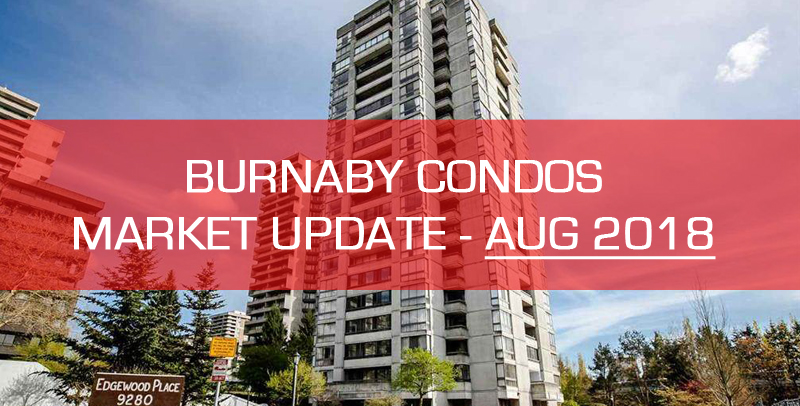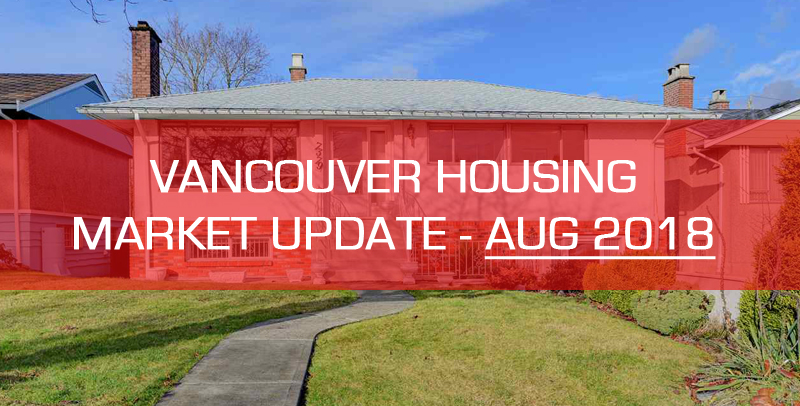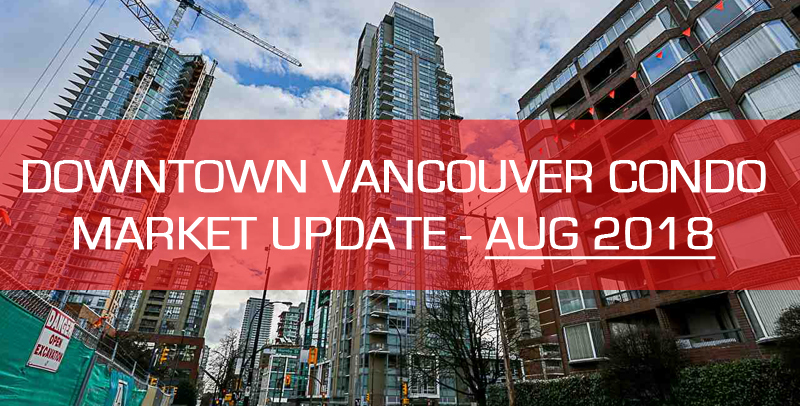A link to real estate statistics: https://members.rebgv.org/news/REBGV-Stats-Pkg-Apr-2023.pdf
Hello and welcome back to our channel! In today’s video, we will be discussing the latest real estate trends in Metro Vancouver. According to a report by the Real Estate Board of Greater Vancouver, home buyer confidence has returned, resulting in rising home prices despite a decrease in listings. Here are the five most important things you need to know from the report.
- Sales are rebounding: Despite the pandemic’s effects on the economy and the previous interest rate hikes, home sales in Metro Vancouver have rebounded, increasing near levels seen last spring. In April 2023, residential home sales in the region totalled 2,741, representing a 16.5% decrease from the same period in 2022, and 15.6% below the 10-year seasonal average.
- Low inventory levels are creating competitive conditions: There is a shortage of resale supply available relative to the pool of active buyers in the market, which is creating competitive conditions where almost any resurgence in demand would lead to price escalation, despite the elevated borrowing cost environment.
- Prices are increasing: The MLS HPI data shows that home prices have already increased about 5% year-to-date, outpacing the forecasted 1-2% increase by year-end. The MLS® Home Price Index composite benchmark price for all residential properties in Metro Vancouver is currently $1,170,700, representing a 2.4% increase compared to March 2023 and a 7.4% decrease from April 2022.
- Decrease in listings: The report shows a 29.7% decrease in the number of detached, attached, and apartment properties newly listed for sale on the Multiple Listing Service (MLS) in April 2023 compared to April 2022. The total number of homes currently listed for sale on the MLS® system in Metro Vancouver is 8,790, representing a 4.2% decrease compared to April 2022.
- Sales-to-active listings ratio: The sales-to-active listings ratio for April 2023 across all detached, attached, and apartment property types is 32.7%. The ratio is 24.4% for detached homes, 40.1% for townhomes, and 37.4% for apartments. When the ratio dips below 12% for a sustained period, it suggests downward pressure on home prices, while a ratio surpassing 20% over several months often leads to upward pressure on prices.
Conclusion: In summary, the Vancouver real estate market has experienced a surprising rebound in home sales, but the low inventory levels have created competitive conditions resulting in increasing home prices. The decrease in listings has contributed to a shortage of resale supply available relative to the pool of active buyers in the market. We will have to wait and see whether these price increases will be sustained into 2024. That’s all for today’s video, make sure to like and subscribe to stay up-to-date with the latest real estate news.




